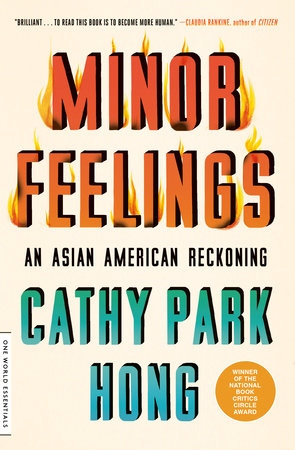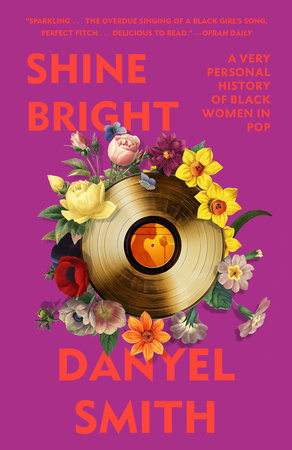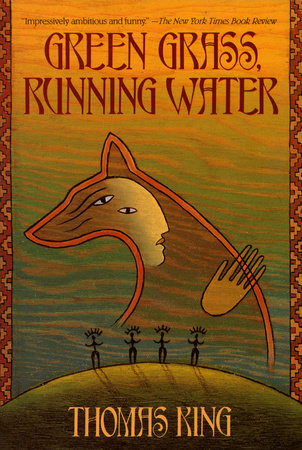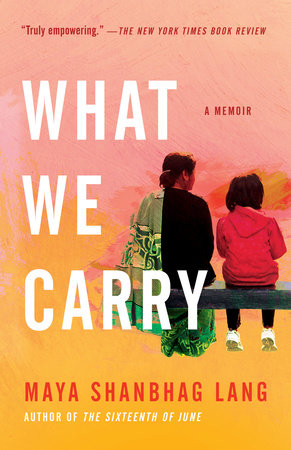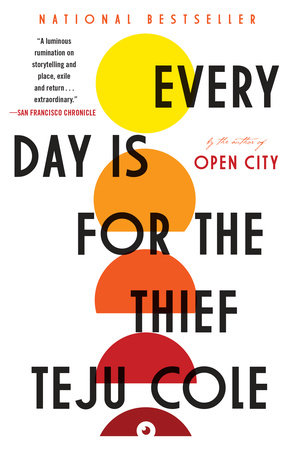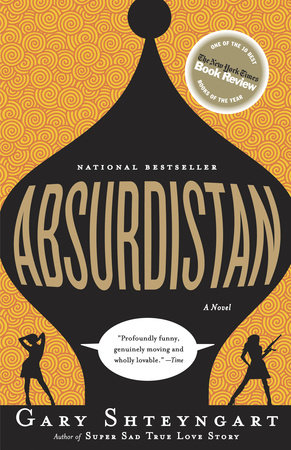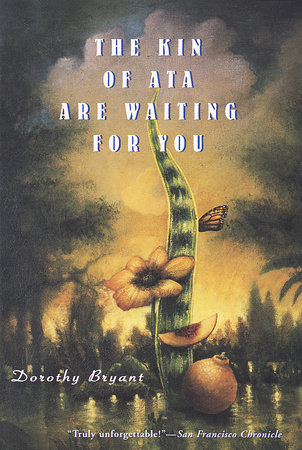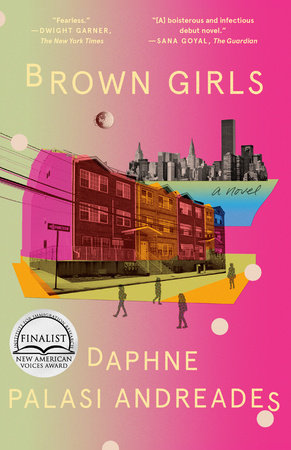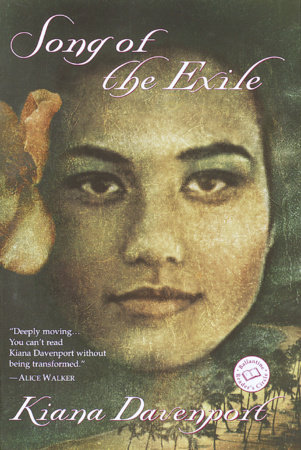Q. What inspired Small Country? Where did the idea for the story originate?
A. My inspiration came from a frustration: I wrote a song called “L’ennui des après-midi sans fin” (“boredom of the endless afternoon”) in my first album, Pili Pili sur un croissant au beurre, which was about those days before the civil war in Burundi when life was banal and ordinary. The song was too short a format to express all I wanted to say, so I decided to write this story of childhood in a small country of central Africa.
Q. As Gaby’s world begins to fracture, fault lines appearing among his family and his friends, he anchors himself in part by writing letters to his French pen pal, Laure, on whom he projects a great deal of hope. His tender letters brim with dreams for the future, for instance: “When I grow up I want to be a mechanic, so nothing ever stays broken in my life.” You write beautifully and convincingly from Gaby’s perspective. How did you access his young voice and render his wisdom so powerfully?
A. Gabriel lives on the border of different worlds: between Africans and Europeans, black and white skins, Hutu and Tutsi, childhood and adulthood, urban and rural, domestic life and street experiences, peace and war. . . . And this instability generated a unique perspective on the world around him. I created the system of letters so my readers could hear Gabriel’s voice. He is an interior child with a poetic view on life, and to find a convincingly childlike voice, I tried to find a balance between philosophical thoughts and inexperience, and between credulity and the naïveté of childhood.
Q. The novel opens in Burundi in 1992, with young Gaby’s father explaining the socio-political strife surrounding their family’s peaceful oasis. Gaby will soon find his innocence irreversibly punctured, first by his parents’ separation and then by the brutal civil war and genocide his father had attempted to explain. Can you let us know a bit more about the political and historical context behind the novel?
A. The first democratic election took place in Burundi in 1993 with the election of Melchior Ndadaye. Only three months after the election, Ndadaye was killed by the army during a military coup, and a civil war ensued. The ethnic conflict between Hutu and Tutsi was responsible for the loss of hundreds of thousands of lives during the ten years of the civil war (1993–2003). The concept of ethnicities in Burundi and Rwanda is a colonial creation based on physical differences and nineteenth-century racist theories of inequality of men and races. And those theories led to the war in Burundi and to the genocide against Tutsi in Rwanda.
Q. You enjoy a very successful career as a hip-hop artist in France and recently won a Victoires de la Musique (the French equivalent of a Grammy). Can you discuss your creative impulse in general? How does your approach to music differ from your approach to fiction? How do you gauge your audience’s response, which seems to be externalized with music and yet so interior with fiction?
A. I started to write poetry when I was thirteen during the civil war in Burundi. A few years later, I transformed my poems into songs. Poetry is my first passion. I’m interested in the sound of the words and the pace of the language. Creating a song is more to build sound and rhythm, while fiction introduces the challenge of building a world from scratch. It seems like two different methods, but for me it ends up as the same impulse.
Q. What are you working on now?
A. I’m working on different projects: cinema screenplays, a new album record between France and Rwanda, and a novel about a famous rock star!
Q. What do you hope your readers will take away from Small Country?
A. Small Country is a sensitive exploration of the life of a human being who has had to run away from his land, his family, and his friends. . . . Every day in our world, we hear the terms “migrants” and “refugees,” but we forget that behind these words, there are names, dreams, and voices. This novel is a long poem about one of those kids, from a distant conflict, who finds his own words to tell his name and his story. And I hope also that the readers can discover Burundi because this is one of the first novels to talk about this small and relatively unknown country.






